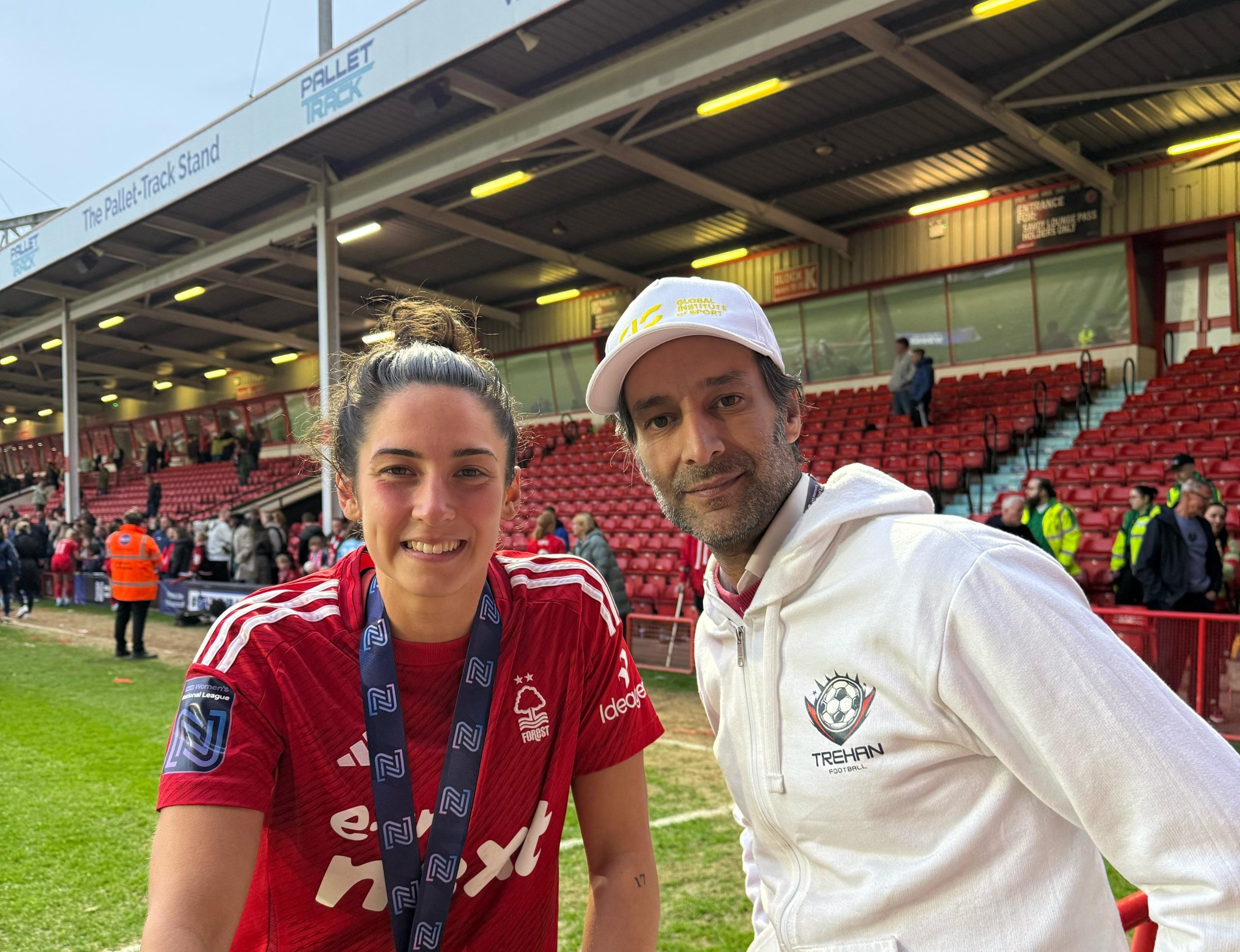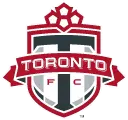Becoming a Sports Agent: Skills, Responsibilities, and Daily Life

What does it really mean to be a sports agent?
Though the role often conjures up images of high-stakes negotiations and flashy signings, the day-to-day is often far more complex.
In the 12 months leading up to February 2024, Premier League clubs spent over £400m on agent fees– a figure that has risen year on year. For comparison, the 2021-22 season saw Premier League agents net around £272.6 million.
For this money, there’s a lot of competition. With over 7,000 FIFA-licensed agents worldwide, working independently or within agencies, there can be fierce competition to sign talent.
What Does a Sports Agent Actually Do?
A sports agent is responsible for helping their clients advance in their careers.
Day-to-day, this can range from organising scouts to watch their players to garner interest and earn a potential move, to arranging a player’s housing arrangement at a new club.
Riad Djellab is an agent at Global Glory Sports Management, and was part of the deal that earned AFC Wimbledon their highest ever transfer fee for a player.
“We moved a player abroad,” Djellab told GIS, “And now, my business partner is staying with him to make sure he settles in properly.”
The better-documented side of sports agencies is negotiating transfer deals for their clients, with the transfer window often being seen as the busiest time of year. However, aspiring agents should know that this isn’t always the case.
“Everyone thinks that the transfer window is when it’s the busiest,” Djellab explained. “It is busy- but before then is where you’re preparing yourself for a transfer window.
“If you want to move a player, that work starts from the moment you sign them, because you then go and build his profile, speak to clubs, and get scouts to watch him– the work is non-stop. Then when it’s the transfer window, all it means is that you can actually move the player, but the work is already done.”
Whether it’s the agent initiating contact or clubs approaching first often depends on the player’s form and recent performances.
The general rule is that if a player is playing well, clubs will approach you as an agent. If the player, on the other hand, is going through a rough patch, you will have to drum up interest.
Now that you’ve spoken to a club, negotiating the contract is the next step. What’s in this contract can heavily vary depending on the player’s preferences and the level the deal is done at.
In Djellab’s experience, “Every deal is different.”
“If it’s a big club, the deal is going to be in a lot more detail. If it’s non-league, there’s not going to be that much. It’s going to be the weekly wage and a few other things, for example, one of the players that we moved up North wanted to stay in a certain apartment, and that will be in the contract.”
Negotiating these details requires not only a legal understanding, but also the social skills to develop a deep understanding of what each client needs.
What Makes a Great Agent?
Returning to the idea of caring for your clients, a main recommendation from Djellab is to speak to your players daily.
Aside from this, agents will need negotiation skills, communication, and commercial awareness to understand what is best for their client, as well as an understanding of the laws and regulations that dictate how a contract is built.
Another large part of what makes an agent good at their job is trust, Djellab explains.
“I always say you can see how good your agent is when you’re doing bad. Why? Because he is going to be there for you. Is he going to be checking up on you? Is he going to be doing the work while you’re doing bad and helping you get to the good stage?”
How to Start Your Career as a Sports Agent
In order to represent players and officially speak to clubs, agents first must pass the FIFA agent’s exam. This is a 60-minute, multiple choice exam aimed at testing your knowledge of FIFA regulations and the football transfer system.
Passing the FIFA exam is just the first step– building your skills, industry knowledge and professional network is what sets successful agents apart.
Education is a large part of this, and an example is GIS graduate Aman Jain. Managing athletes from Olympians to UFC fighters, Aman studied on our MSc International Sports Management course. We also offer MA Sports Agency, where modules are aimed at providing you with the relevant knowledge and skills needed for a successful career in the football industry.
“As someone who wants to get into sports,” Aman said, “GIS and the Wembley Campus stood out.
“This kind of exposure is something I have not seen. I think people at other universities do not get this kind of experience.”
With a focus on regulations, ethics, integrity, business practices, and legal frameworks
in the sports agent profession, students on the course analyse critical issues in the industry
throughout the programme.
If you’re ready to take the first step towards a career as a sports agent, explore our course details and download a GIS prospectus to start your journey.
Article by Zakaria Anani
You may also be interested in

Latest news
April 10, 2025 |
GIS student Millie Chandarana wins FA Women’s National League Cup with Nottingham Forest
Read Post

Latest news
January 8, 2026 |
What Do Employers Look for in the Sports Industry?
Read Post

Student Profiles
December 10, 2025 |
From GIS to the NBA: Katie Fuller on Discovering a Dream Career in Sport
Read Post
Our Partners













